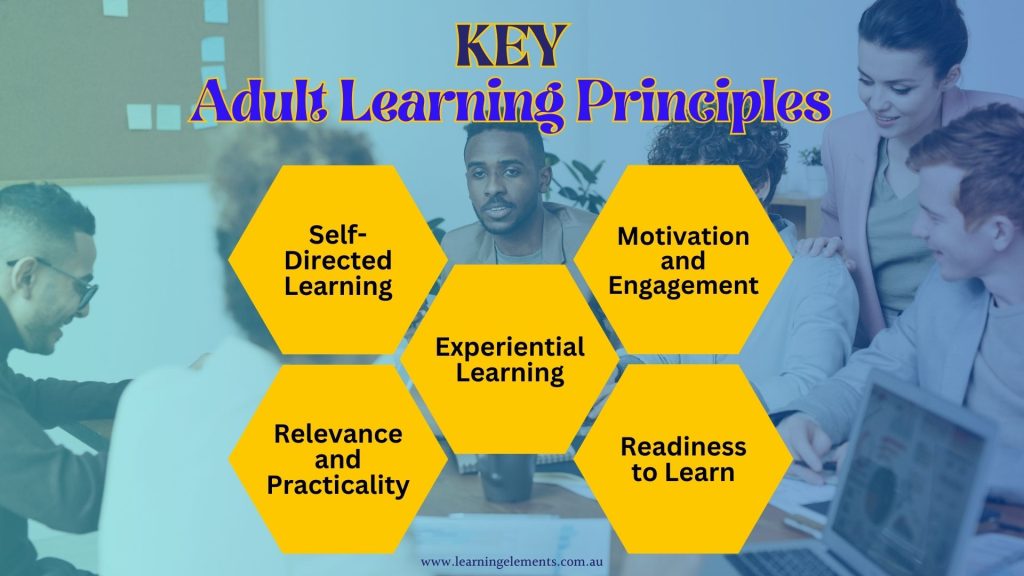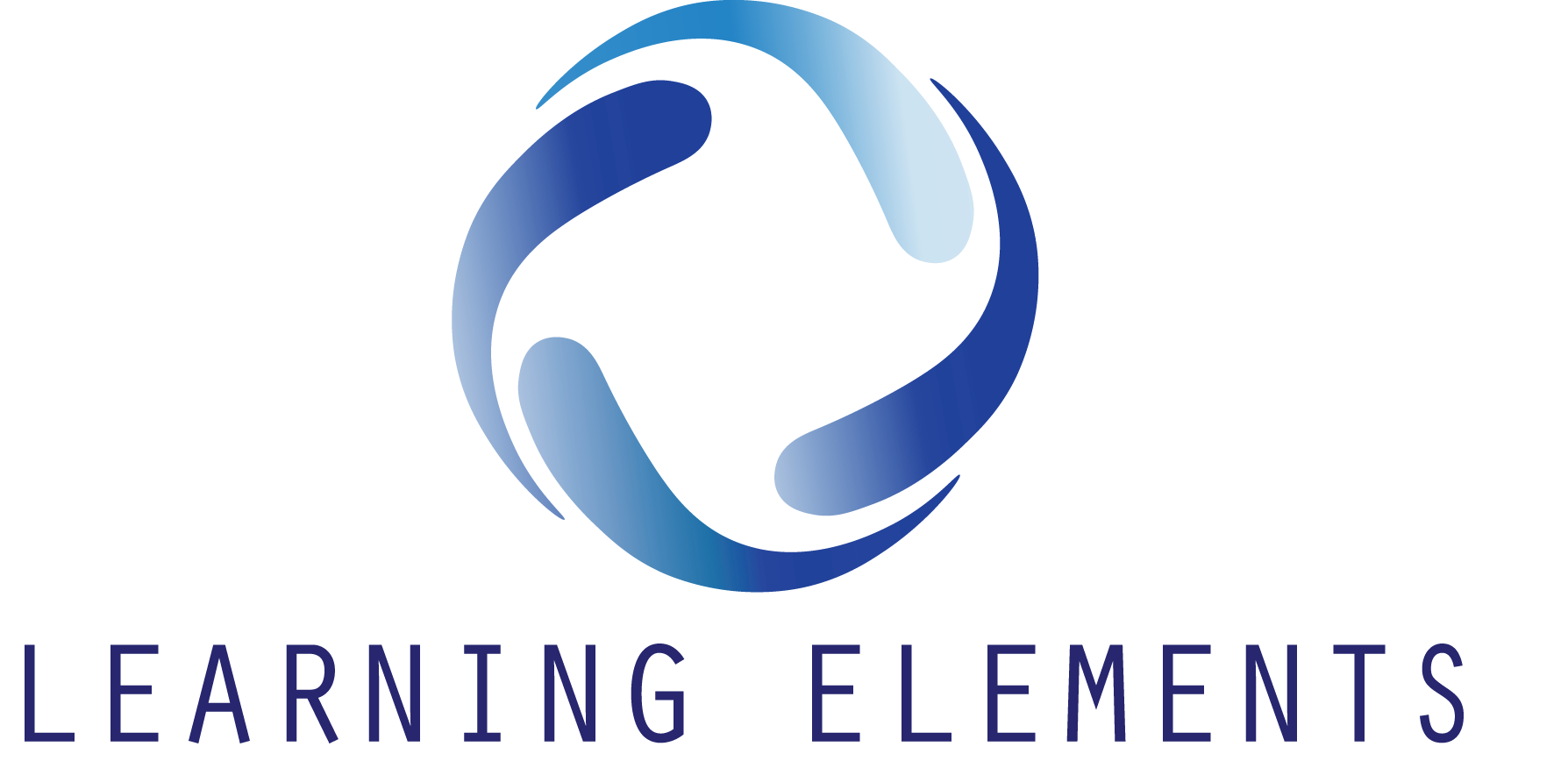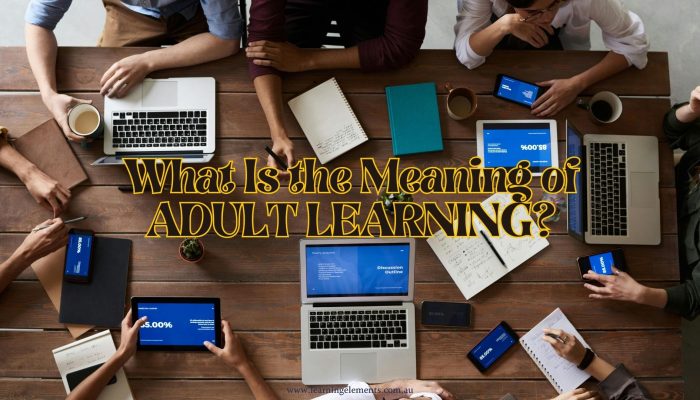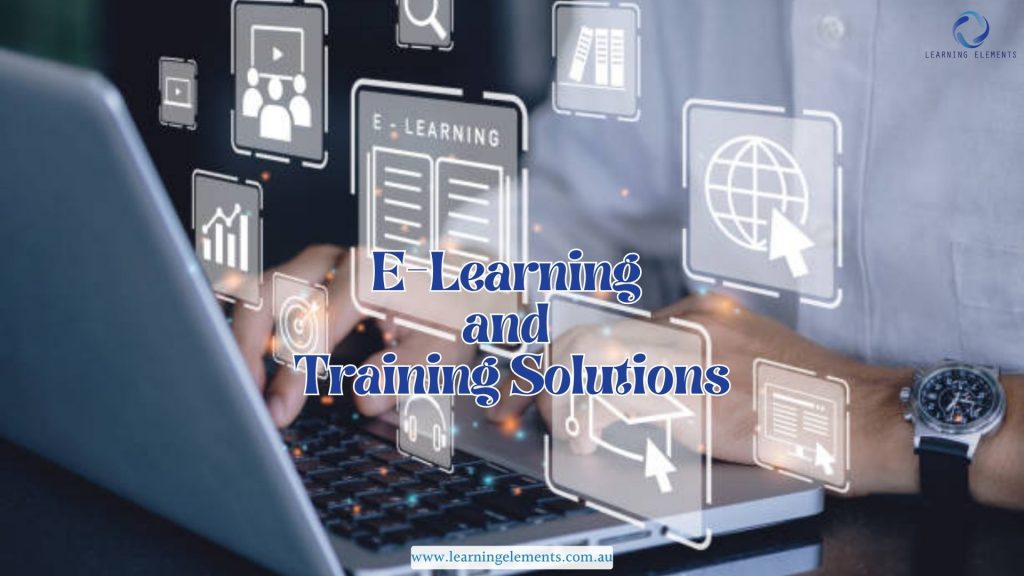Adult Learning Principles: What are Adult Learning Principles?
Adult learning principles are vital for guiding the training and coaching of adult learners. These principles recognise that adults learn differently from children and require tailored approaches to maximise their learning potential. Understanding and applying these principles is essential for creating effective training programmes that are both engaging and impactful. Adhering to adult learning principles ensures that training methods meet the unique needs of adult learners, facilitating better outcomes and fostering continuous personal and professional development.
Theoretical Foundations
Malcolm Knowles and Andragogy
Malcolm Knowles introduced the concept of andragogy, the art and science of helping adults learn. Andragogy focuses on the unique needs of adult learners and contrasts with pedagogy, which is the method and practice of teaching children.
Principles of Andragogy
Andragogy is built on several key principles: adults need to be involved in the planning and evaluation of their instruction; experience (including mistakes) provides the basis for learning activities; adults are most interested in learning subjects that have immediate relevance to their job or personal life; and adult learning is problem-centred rather than content-oriented.
Understanding Adult Learners and Principles
Adult learners are self-directed, goal-oriented, and practical. Adult learners bring a wealth of experience to the learning process. They value learning that is relevant to their personal and professional lives. Understanding their needs and applying appropriate principles is key to effective adult education.

Key Adult Learning Principles
- Self-Directed Learning: Adults prefer to take responsibility for their own learning. They value autonomy and the ability to set their own goals and paths for learning.
- Experiential Learning: Experiential learning emphasises the importance of experience in the learning process. Adults learn best when they can relate new knowledge to their previous experiences.
- Relevance and Practicality: Learning for adults should be relevant to their lives and practical. Adults find motivation to learn when they encounter content that directly applies to their job or personal interests.
- Readiness to Learn: Adults become ready to learn when they experience a need to cope with real-life tasks or problems. Adults often tie their readiness to learn to their social roles and developmental tasks.
- Motivation and Engagement: Intrinsic motivation plays a significant role in adult learning. Engaging adults through interactive and meaningful activities enhances their learning experience.
How Do We Apply Adult Learning Principles in Training and Coaching at Learning Elements?
At Learning Elements, we are committed to creating training and coaching programmes that are effective, engaging, and tailored to the needs of adult learners. We apply several key adult learning principles to ensure our training sessions are impactful and relevant.
Creating an Inclusive Learning Environment
We value the diverse experiences and backgrounds of our learners. Our training sessions are designed to foster a sense of community and encourage open communication. We incorporate activities that allow learners to share their perspectives, enrich the learning experience, and build a supportive learning community.
Using Real-World Examples and Scenarios
We understand that adults learn best when they can see the relevance of the content to their daily lives. Therefore, we incorporate practical examples, storyboards, and scenarios into our training sessions. Real-world applications enable learners to relate to the material and understand its practical application in both their work and personal lives. We use industry-specific case studies, detailed storyboards, and problem-solving activities to ensure the training is directly applicable and immediately useful.
Encouraging Collaboration and Interaction
Collaboration is a key component of our training approach. We design activities that promote peer learning and allow participants to share their experiences and insights. Group discussions, projects, and interactive workshops are integral parts of our training sessions. These collaborative activities not only enhance understanding but also build a network of support among learners.
Emphasising Self-Directed Learning
We encourage our learners to take control of their learning journey. Our training programmes are designed to be flexible, allowing participants to set their own goals and choose the paths that best suit their needs. We provide resources and support to help learners take charge of their development and progress at their own pace.
Incorporating Experiential Learning
We recognise the value of experiential learning and incorporate hands-on activities into our training sessions. By engaging learners in practical exercises and simulations, we enable them to apply their knowledge and skills in a controlled environment. This approach not only reinforces learning but also builds confidence in applying new competencies in real-world situations.
Providing Ongoing Support and Feedback
Learning is an ongoing process, and we are committed to supporting our learners even after the training sessions are over. We provide continuous feedback and resources to help learners continue their development. Our coaching programmes offer personalised guidance to ensure that learners can implement what they have learned effectively.
Can’t decide which training course fits your company? Book a consultation with us today. Our experts will help you identify the best training solutions tailored to your specific needs and goals. Let’s work together to create a learning programme that drives success for your team.
How We Plan Effective Adult Learning Programs
- Assessing Learner Needs: Understanding the specific needs of learners helps in tailoring the content and methods to suit their preferences and requirements.
- Setting Clear Objectives: Clear and achievable objectives provide a roadmap for both the trainers and the learners. It ensures that the learners met the learning goals.
- Designing Engaging Content: We design content that is engaging and interactive, using various methods and tools to keep learners interested and motivated.
Designing Adult Learning Experiences
Structuring Content for Adult Learners
We organise the content in a way that builds on the learners’ prior knowledge and experiences, making it easier for them to assimilate new information.
Incorporating Various Learning Styles
Recognise that adults have different learning styles—visual, auditory, and kinesthetic—and incorporate activities that cater to these styles.
Utilising Technology and Multimedia
Leverage technology to create interactive and multimedia-rich content that can enhance the learning experience.
Innovative Approaches in Adult Learning
- E-Learning and Online Platform: The rise of e-learning and online platforms provides flexible and accessible learning opportunities for adults.
- Microlearning and Just-in-Time Training: Microlearning delivers bite-sized content that can be accessed on-demand, making it easier for adults to fit learning into their busy schedules.
- Adaptive Learning Technologies: Use data to tailor the learning experience to individual needs, enhancing the effectiveness of the training.
Facilitation Techniques for Adult Learners
- Active Listening and Feedback: Active listening and providing constructive feedback help in building a supportive learning environment.
- Facilitating Group Discussions: Group discussions encourage the sharing of ideas and experiences, enriching the learning process.
- Handling Challenges and Resistance: We’re prepared to address resistance and challenges by understanding the underlying concerns and providing appropriate support.
Challenges in Adult Learning
- Overcoming Barriers to Learning: Identify and address barriers such as time constraints, lack of motivation, and limited resources that may hinder adult learning.
- Addressing Diverse Learning Needs:Cater to the diverse learning needs of adults by offering flexible learning options and personalised support.
- Maintaining Engagement and Motivation: Keep learners engaged and motivated by making the learning experience relevant, interactive, and enjoyable.
Conclusion
Adult learning principles provide a framework for creating effective and engaging learning experiences tailored to the unique needs of adult learners. By understanding and applying these principles, educators and trainers can design programmes that not only impart knowledge but also inspire and motivate adults to continue learning and growing. At Learning Elements, we actively create inclusive, engaging, and practical learning experiences that cater to the needs of adult learners.
Need help choosing the right training course? Contact us today to find the perfect solution for your company.
FAQs
1. What are adult learning principles?
Adult learning principles are guidelines that help in designing effective learning experiences for adults, acknowledging their unique needs and preferences.
2. Why is self-directed learning important for adults?
Self-directed learning is important for adults because it allows them to take control of their learning journey, set their own goals, and choose the paths that best help them achieve those goals.
3. How does experiential learning benefit adults?
Experiential learning benefits adults by drawing on their wealth of experiences, making the learning process more meaningful and relevant.
4. What motivates adult learners?
Adult learners are usually motivated by internal factors, such as achieving personal or professional goals, rather than external factors like grades or approval from others.
5. What are the key principles of adult learning and experiential learning?
These principles include practical application, relevance to the learner’s life, and the use of experience as a learning tool. Experiential learning involves active participation and reflection, leading to a deeper understanding of the material.
For more detailed information, you can visit:
- Learning Theories (Andragogy)
- Instructional Design (Andragogy)
- VOCEDplus


